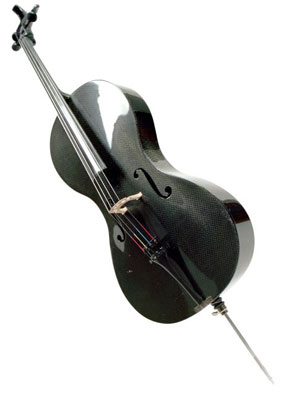It was a cool dark night.
I sat towards the front of the tram, my girlfriend holding onto my arm and cozying up to me. Standing in front of me was my classical guitar case, with my Asturias Standard inside.
My hands rested on the faux leather skin of the case as the guide spoke.
“Many of the animals here are endangered because their habitats are being destroyed due to deforestation.”
I suddenly felt a pang of irony as I wondered if my team’s musical instruments had caused a raccoon to lose its home.
To make the situation more ironic, we were performing Christmas Music at the Night Safari in aide of endangered wildlife.
That was nearly 4 years ago, when I was the President of the Ngee Ann Polytechnic Strings Guitar Club. I was leading a small team of classical guitarists and violinists for this performance.
I had registered with the National Volunteer and Philanthropy Center (NVPC), a brillant organization that allows individuals to help by utilizing their special skills and abilities.
Long before I was a Blogger in Big Shoes, I was a classical guitarist trying to make the world a better place.
It feels like a lifetime ago. So much has changed since then. The world has become more environmentally conscious, and rightfully so.
Recently, I read an article from a Spanish guitar trade magazine. In that article, Spanish luthiers were complaining about a shortage of quality wood.
The cause? The globalization of the guitar-making industry. Specifically, they blamed the factories in China that were producing cheap, low-quality guitars en mass.
Their message was simple; there’s not enough good wood left in the world to waste. Those who do not have the know-how shouldn’t be making guitars.
It feels like musical instruments that are made out of wood are running on borrowed time.
Currently, most of my students pay about $350 for an entry-level classical guitar. 50 years from now, I wonder if the shortage of wood will cause an entry level wood-based guitar to cost 10 times as much.
This statement by the Spanish luthiers have brought up the important topic of accessibility.
Is equal accessibility always a good thing?
Does everyone deserve an opportunity to learn music?
Does everyone deserve the opportunity to make instruments (if they so desire)?
Or, are resources becoming so scarce, that this is a luxury we can no longer afford?
50 years ago, Brazilian rosewood was readily available. It was considered the king of tonewoods, and luthiers were using it with reckless abandonment.
Then in 1992, it was declared an endangered species. Nowadays, luthiers charge upward of USD$1000 for the usage of Brazilian rosewood.
In the future, making classical guitars out of wood may not be viable. Its replacement? Carbon fiber.
 |
| A carbon fiber cello made by Luis and Clark. Is this the future for the classical guitar? |
Luis and Clark make carbon fiber bowed instruments that are highly regarded. I would love to see them try their hand at a carbon fiber classical guitar.
It makes me wonder what my child or grandchild will be playing decades from now. Enjoy your wooden classical guitars while they last. The may not be around for long.